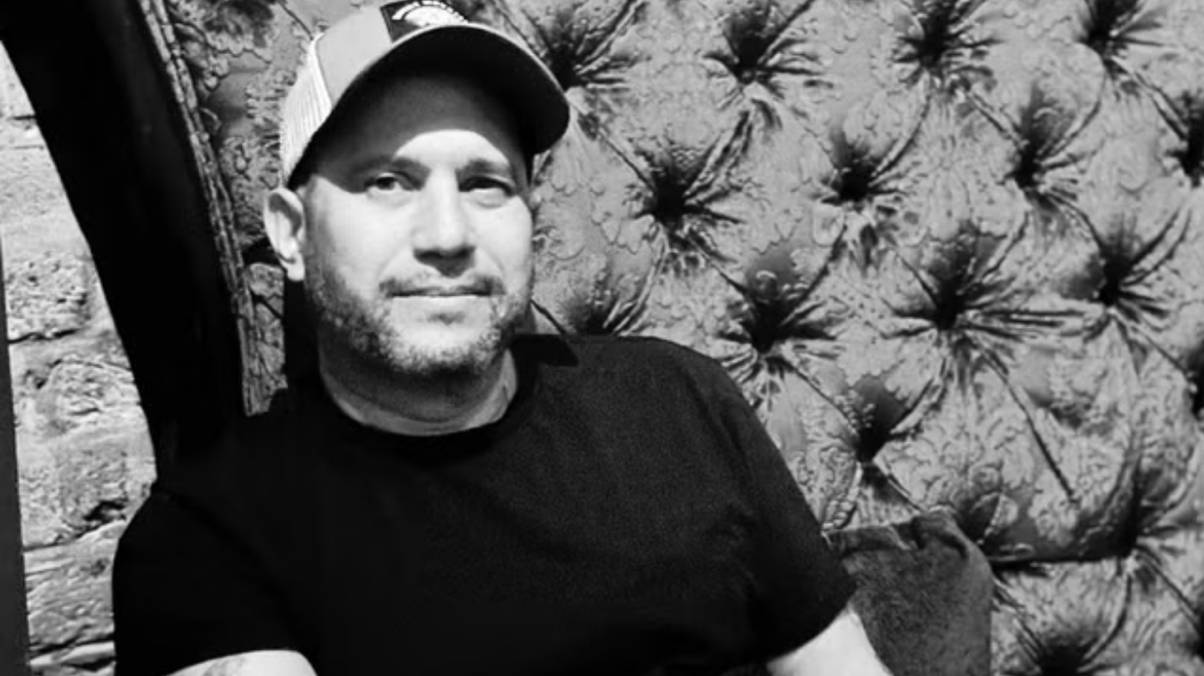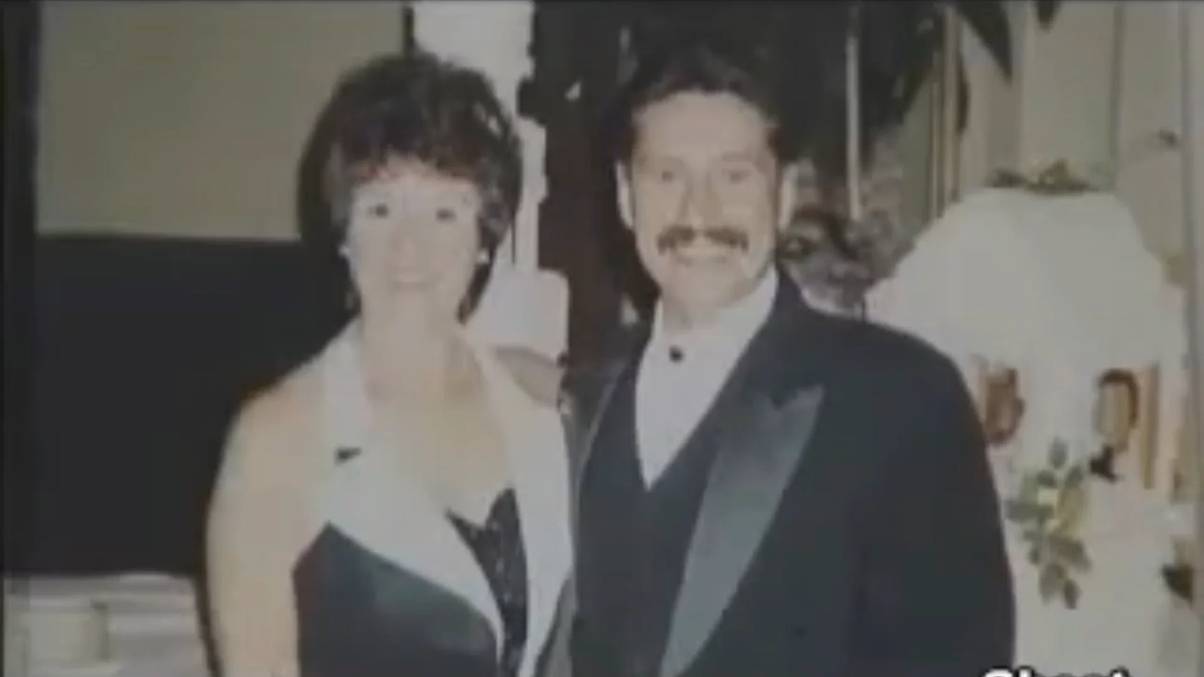“From Silence to Sicily: How One Woman’s Stroke Unleashed an Unexpected Italian Accent Overnight!”
What if one day you woke up speaking in a completely different accent, one you’ve never even been close to mastering? That’s exactly what happened to Althia Bryden, a 58-year-old woman from London who found herself chatting away in an unexpected Italian accent after suffering a stroke. Yes, you heard that right! After the stroke zapped her ability to speak for three months, a surgical procedure opened the floodgates for her voice to return—but it came back wearing a masquerade! Althia describes the bewildering experience as feeling like someone’s playing a cruel prank, impersonating her in a voice and mannerism she hardly recognizes. With quirks like randomly dropping in Italian phrases and even body language that seems to break from her usual self, Althia’s story dives deep into the mysterious world of foreign accent syndrome—a truly bizarre twist for anyone’s identity. Buckle up as we unravel this captivating tale of resilience and rediscovery in the face of unexpected change. LEARN MORE
A woman has revealed what life is like after she began to speak with an ‘Italian accent’ after suffering a stroke, saying it’s like someone is ‘impersonating’ her.
Althia Bryden, 58, is retired and lives in London with her husband and full-time carer, Winston, 63.
After suffering from a stroke on 4 May, 2024, she was left unable to speak and feel the upper right portion of her body for three months due to a carotid web in her neck, which is what is believed to have caused her stroke.
While Althia was able to have it removed via surgery in August of this year, when she could speak again she was left dumbfounded when her words were tinged with an Italian accent, despite never having visited the country.
.jpg)
Althia Bryden began talking with an ‘Italian accent’, even though she’s from London (PA)
Althia admitted that her new accent even led to her slipping into Italian words during conversation and adopting mannerisms. These new words she used included ‘mamma mia’, ‘bambino’ and ‘si’.
Althia spoke to PA Real Life and revealed the moment she realised her accent had changed: “Completely out of the blue, I just started speaking. She [the nurse] looked as shocked as I did! I remember thinking, ‘Who is that talking?’
“Firstly, I couldn’t believe it was me talking, but I also didn’t recognise the sound of my voice. The nurse rushed to get colleagues round to my bed. No one could believe I was talking after so long. But the more I spoke, the more confused we all became.”
She explained that they asked her whether she had ‘an Italian accent before my stroke’ and revealed to her that it was a ‘strong accent’.
But after days passed and her accent remained, she felt like she had ‘no control’ over her voice.

Althia found her accent had changed following surgery (Getty Stock Image)
Althia added: “Doctors and nurses saw me as a bit of a medical marvel – none of the nurses, doctors, therapists or surgeons had dealt with foreign accent syndrome in their whole careers!
“This is when I realised just how rare this condition is. I wish more people knew about it. Before, I didn’t sound like the Queen, but I sounded British! I’ve always lived in London, but all my family are from Jamaica.”
After going to a speech and language therapist, it was suggested that she suffered from a rare syndrome which some people develop, leading them to take on a different accent.
Called the foreign accent syndrome, the NHS describes it as happening as a result of brain damage, such as a stroke.
Although Althia is waiting for a formal diagnosis, she feels like she’s lost her identity.
.jpg)
She suddenly began using Italian words (PA)
“Even my laugh is not the same… I’m not me, it’s like someone is impersonating me. I feel like a clown with an upside-down smile that people are watching perform. They are laughing, but I still have an upside-down smile.”
She added: “It’s very sad – everything is different, even my body language is different. People aren’t meeting the original me, I don’t know who I am.”
Althia was also diagnosed with aphasia, which is when a person has difficulty with their language or speech, as per the NHS.
She said: “My brain couldn’t understand it – it was very frightening for me and I felt afraid and confused.”
For more information about communication problems after stroke and how to find support, visit www.stroke.org.uk or contact the Stroke Support Helpline on 0303 3033 100.














